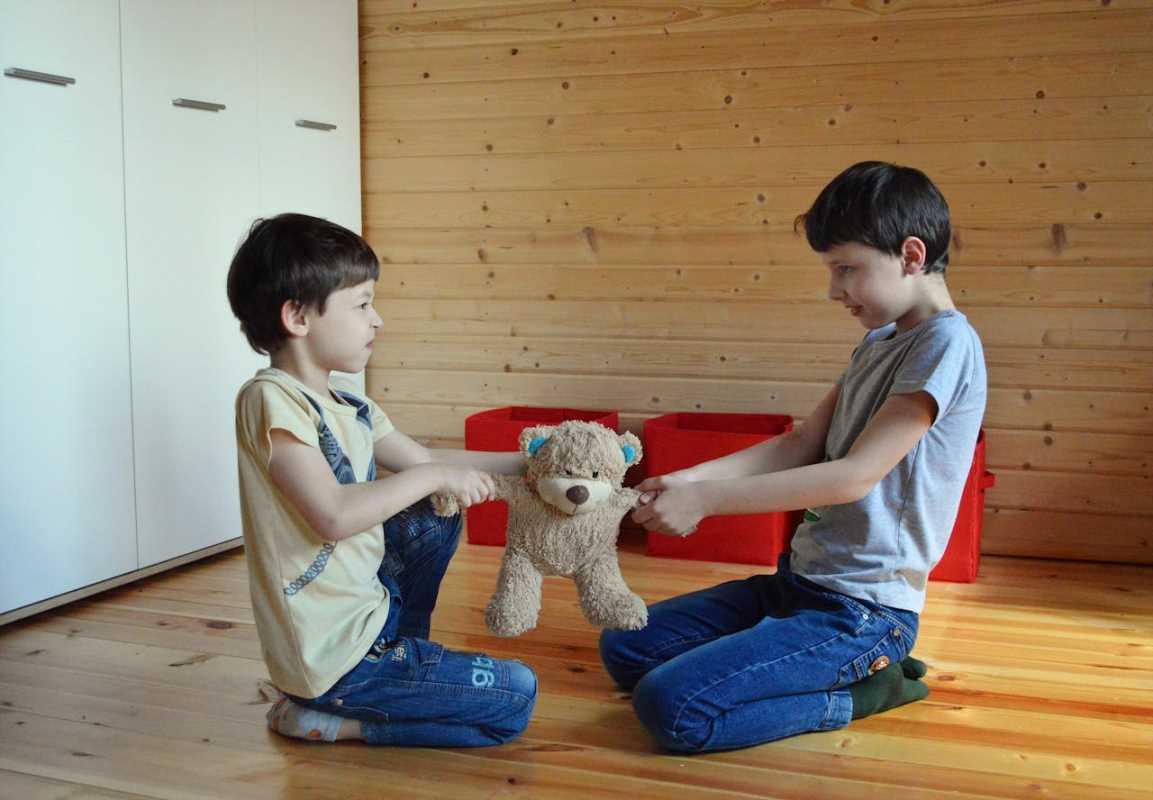A family tragedy is one of life’s toughest challenges, bringing a wave of emotions—grief, anger, guilt, and confusion—that can strain relationships and disrupt daily life. While these feelings are natural, addressing them is crucial for healing and maintaining strong family bonds. Here are key strategies to help you and your loved ones navigate this difficult time.
Embrace All Emotions
Grief impacts everyone differently, with each family member processing emotions in their own way. Whether someone seeks solitude or craves connection, it’s important to acknowledge all feelings—sadness, anger, or guilt—without judgment. Suppressing emotions can deepen the pain and delay healing.
How to Support Emotional Expression:
- Create a safe space for honest conversations.
- Lead by example: “I’ve been feeling overwhelmed, but sharing helps me feel lighter.”
- Encourage openness to strengthen mutual support.
Make Communication a Priority
Silence can magnify misunderstandings and unresolved emotions. Open communication allows family members to share thoughts, ask questions, and offer reassurance. The goal isn’t to force conversations but to create moments where they can happen naturally.
Tips for Better Communication:
- Schedule regular family check-ins, like during meals or quiet evenings.
- Ask simple yet meaningful questions: “How are you feeling today?”
- Listen actively and validate emotions with responses like, “That sounds really hard.”
Consider Professional Help
Sometimes, the weight of a tragedy is too heavy to manage alone. Therapy or counseling can provide a neutral space to process emotions and develop healthy coping mechanisms. Professionals can also guide families in resolving conflicts and rebuilding resilience.
Getting Started:
- Explore options like family therapy, grief counseling, or local support groups.
- Frame it as a collective effort: “Let’s talk to someone who can help us move forward together.”
Rebuild Routines for Stability
Routines create a sense of stability and normalcy during chaotic times. Whether it’s a nightly dinner or weekend outing, maintaining familiar habits can ground your family and provide comfort.
Ideas for Routine Building:
- Preserve existing rituals, such as shared meals or bedtime stories.
- Start new traditions, like a family walk or game night, to foster connection.
Foster a Supportive Environment
Healing thrives in an atmosphere of empathy, patience, and understanding. Encouragement helps family members feel safe to grieve or adjust without fear of criticism. It’s equally important to address harmful behaviors like blame or passive-aggressiveness, which can hinder progress.
How to Create Support:
- Ask, “What do you need most right now?” to identify ways to help.
- Highlight small victories: “You’ve been so strong through this, and it’s inspiring.”
Practice Self-Care as a Family
Self-care reduces stress and strengthens family connections. Group activities like cooking, exercising, or watching a movie together can promote emotional well-being while reinforcing the idea that you’re facing this challenge together.
Suggestions for Family Self-Care:
- Plan simple activities like a movie night or family walk.
- Encourage individual self-care to ensure everyone has time to recharge.
Focus on Long-Term Healing
Healing isn’t a quick or linear process. There will be setbacks, but consistent effort and resilience can help families grow stronger over time. Celebrate progress, honor memories, and continue supporting one another through every step.
Ways to Honor the Healing Process:
- Celebrate milestones, like returning to hobbies or opening up emotionally.
- Create symbolic gestures, such as planting a tree or holding a remembrance gathering.
Moving Forward
Addressing emotional strain after a family tragedy may feel overwhelming, but small actions can make a big difference. By fostering communication, prioritizing empathy, and supporting one another, families can begin to heal and rebuild stronger connections.
Practical Tips for Healing Together:
- Dedicate time for reflection, individually or as a group.
- Stay connected through regular family check-ins.
- Introduce new traditions that symbolize progress and unity.
- Join community events or support groups for additional resources.
Family tragedies are difficult, but they’re also opportunities to come together and strengthen your bond. With empathy, intentionality, and consistent effort, your family can navigate the road to healing and emerge more united and resilient than ever.
 (Image via
(Image via





